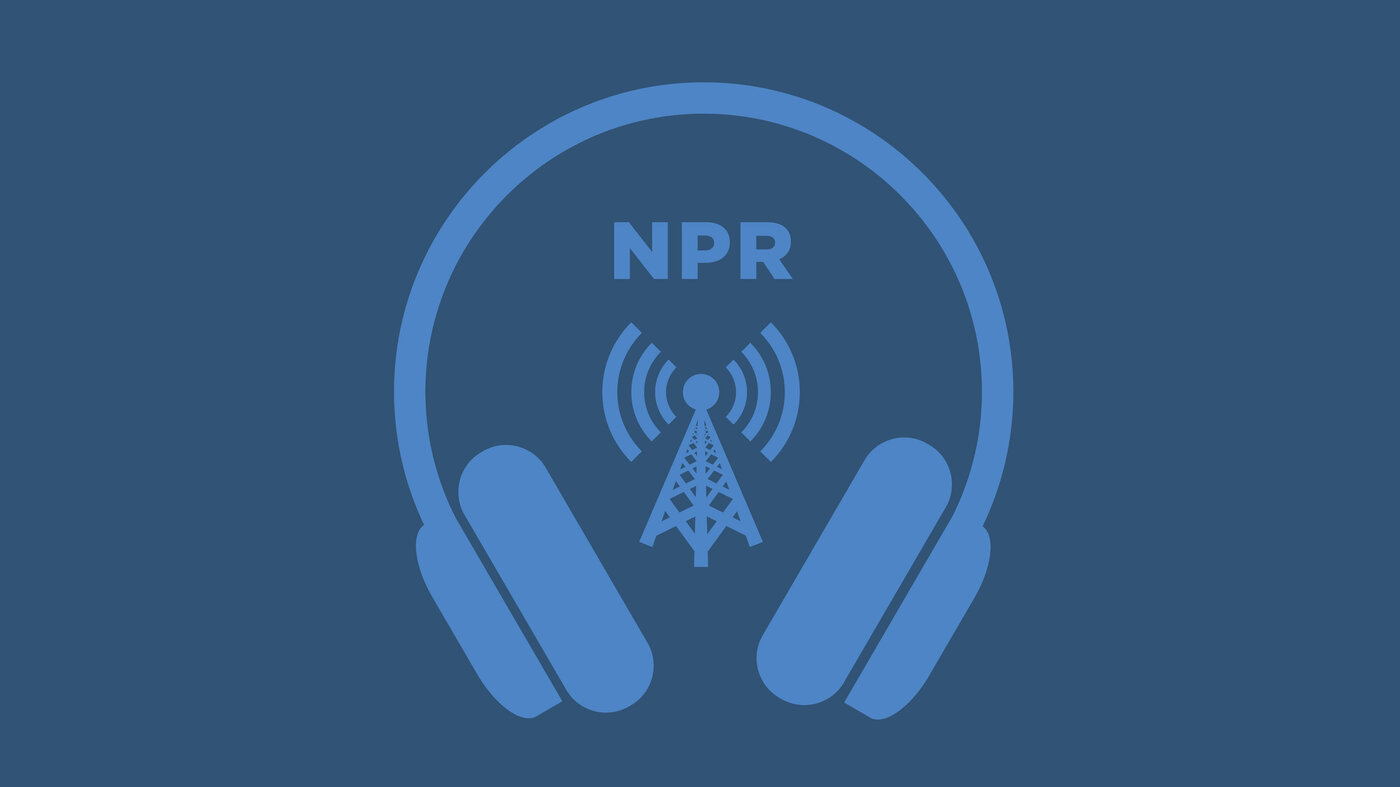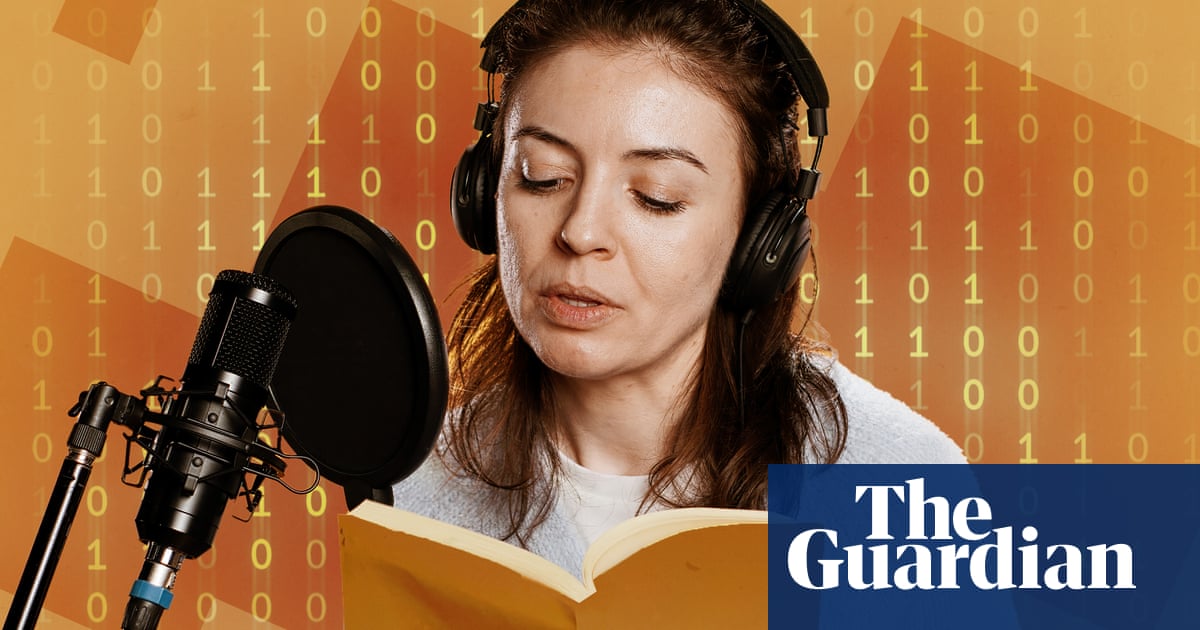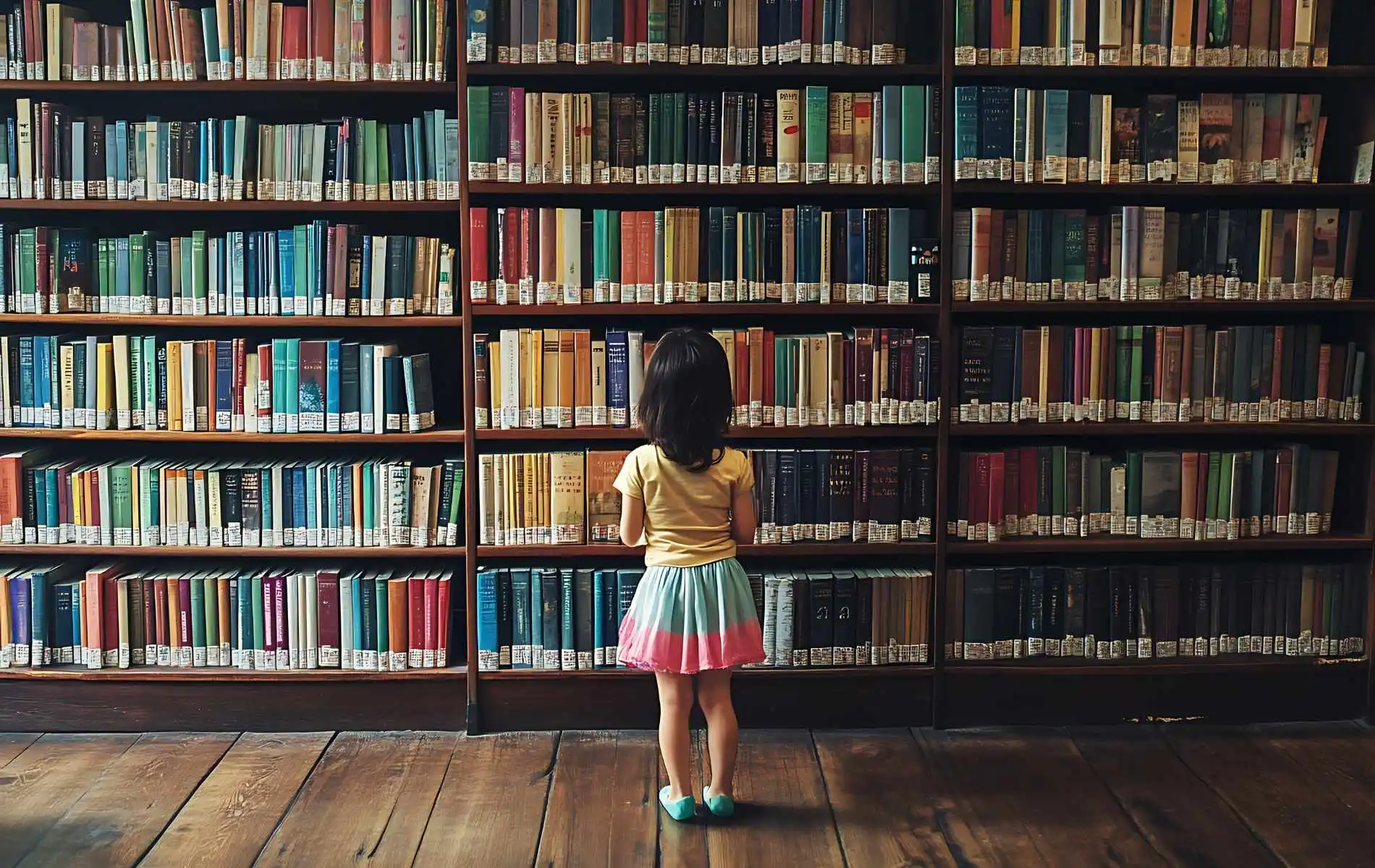#publishing-industry
#publishing-industry
[ follow ]
#generative-ai #book-reviews #media-layoffs #copyright-infringement #audience-engagement #audiobooks
fromVulture
1 month agoBook Gossip Is Going Biweekly
Book Gossip, a newsletter about what the literati are really thinking, is entering a new chapter. I'm Jasmine Vojdani, a senior newsletter editor at New York, where I also cover books and culture. I first moved to the city to start a degree in creative writing, choosing the M.F.A. and NYC (and, naturally, debt) - and I have lots of thoughts about that.
Books
fromThe Walrus
2 months ago2025: The Stories That Surprised Us | The Walrus
Carine Abouseif, Senior Editor: As an editor, my ears always perk up when I hear a story described as "juicy." That's how we talked about contributing writer Tajja Isen's essay, " The Publishing Industry Has a Gambling Problem," as it made its way through our editorial process. Tajja interviewed writers, book editors, and literary agents about the concept of "sales track"-a term for the number of books a writer has sold. Low sales numbers can cut down a writer's career before it's even really begun, shaping how an agent pitches their second book and whether editors will buy it.
Media industry
fromFuturism
3 months agoGenius Exec Says There Are Only Two Possibilities for AI: It'll Collapse the Economy, or Make Everyone's Job Obsolete
The amount of money being spent on artificial intelligence is astronomical. Investors have lavished the top tech companies and startups alike with hundreds of billions of dollars - so much so, in fact, that an estimated 92 percent of US GDP growth now comes from AI. If trends continue in 2026, conservative estimates peg the spending from just the "largest technology firms" at $550 billion.
Artificial intelligence
fromwww.theguardian.com
4 months agoAI can help authors beat writer's block, says Bloomsbury chief
I think AI will probably help creativity, because it will enable the 8 billion people on the planet to get started on some creative area where they might have hesitated to take the first step, he told the PA news agency. AI gets them going and writes the first paragraph, or first chapter, and gets them back in the zone, he said. And it can do similar things with painting and music composition and with almost all of the creative arts.
Books
fromwww.theguardian.com
5 months agoAI could never replace my authors. But, without regulation, it will ruin publishing as we know it | Jonny Geller
The single biggest threat to the livelihood of authors and, by extension, to our culture, is not short attention spans. It is AI. The UK publishing industry worth more than 11bn, part of the 126bn that our creative industries generate for the British economy has sat by while big tech has swept copyrighted material from the internet in order to train their models.
Intellectual property law
Careers
fromBusiness Insider
5 months agoA 53-year-old has applied to hundreds of jobs - and is now leaning on DoorDash, cost-cutting, and odd jobs to get by
A 53-year-old former publishing director has been job hunting for 14 months, relying on cost-cutting and gig work amid a white-collar hiring slowdown.
fromKqed
5 months agoIf You Loved 'Yellowface,' R.F. Kuang's New Novel 'Katabasis' Is Even Better
In this story, Alice Law studies at Cambridge under the tutelage of Professor Jacob Grimes, who is widely regarded as the greatest magician in the world. He's also a trailblazing scholar. Grimes is known for his harsh, abusive nature but Alice has happily put up with his antics, volatile personality, and even bullying because she knows that her considerable talents and dedication will only take her so far
Books
fromThe New Yorker
6 months agoThe Celebrity Picture Book Boom
There are no guilty pleasures in childhood. It is only as an adult that I feel a certain sheepishness when recalling one of my favorite picture books, "Ann Likes Red," by Dorothy Z. Seymour, which was originally published in 1965. Wedged between the vaunted volumes of Gorey and Scarry, "Ann Likes Red" stuck out both literally, for its squat stature, and literarily, for its hazy lesson in self-assertion.
Books
#google
Artificial intelligence
fromArs Technica
9 months agoZero-click searches: Google's AI tools are the culmination of its hubris
Google's March 2024 core update drastically changed search dynamics, impacting publisher traffic amidst a push for AI integration.
The update represents a significant shift towards AI in search, with mixed reactions from the publishing community.
Marketing tech
fromDigiday
8 months agoMedia Briefing: DoubleVerify casts itself as news ally in Cannes - as scrutiny mounts
Keyword blocking remains a significant financial challenge for publishers, leading to substantial revenue losses.
Tensions exist between publishers, marketers, and ad tech providers regarding keyword blocking and its impacts.
fromDigiday
8 months agoDigiday+ Research: Nearly half of publishers report an increase in referral traffic from social
Nearly half of publishers have experienced an increase in referral traffic from social media platforms, indicating a growing positive relationship between publishers and these platforms.
Marketing tech
Books
fromFilm Courage
8 months ago5 Biggest Mistakes Authors Make When Releasing A Book - Desiree Duffy
Authors often overlook the necessity of editing in their writing process.
Setting unrealistic expectations can negatively impact an author's journey.
Establishing a clear author brand is essential for success.
Financial motivation may lead authors astray from their true calling.
fromGeorgia Public Broadcasting
9 months agoSocial media is influencing how authors promote their books. Here's how
"I believe the insistence on blurbs has become incredibly damaging to what should be our industry's ultimate goal: producing books of the highest possible quality," Manning wrote.
Social media marketing
[ Load more ]









